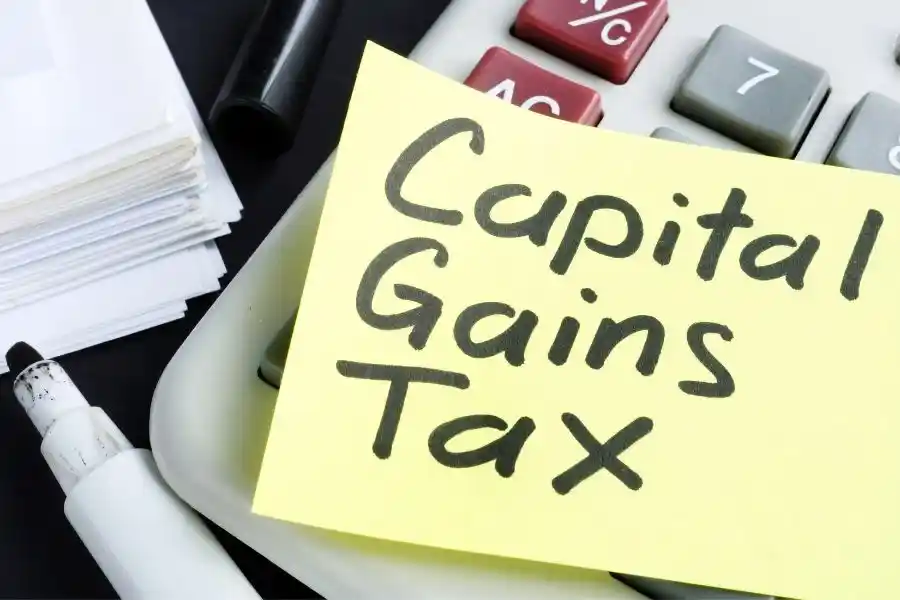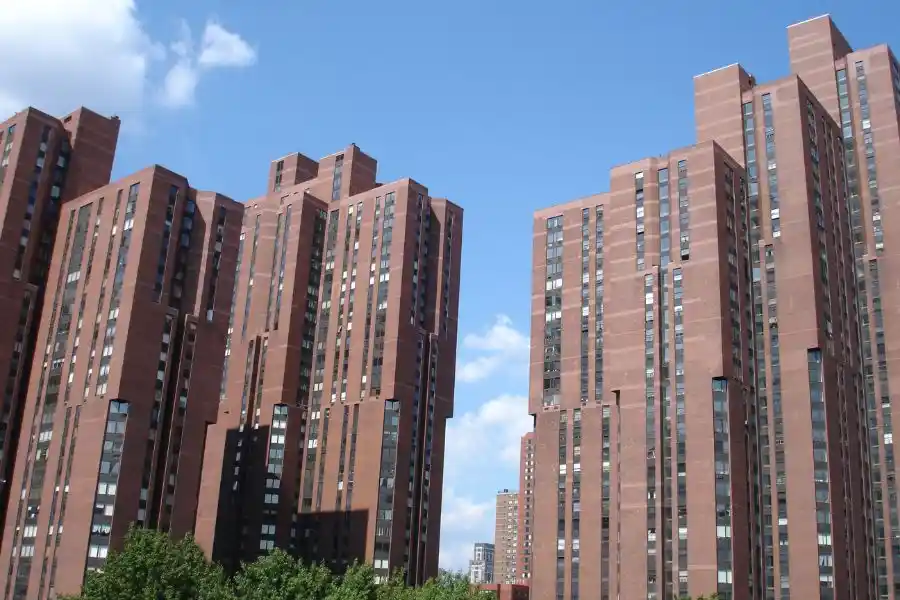Investing in real estate is a major financial decision that requires strategic planning, knowledge, and careful consideration. Most investors have to choose between apartments and single-family rentals and each option comes with its own set of benefits and challenges. Understanding these differences can significantly impact your decision and financial success.
We have prepared this apartments vs. single-family rentals guide discussing various factors to consider to make an informed decision. Keep reading to find out.
Market Dynamics
Apartments: NYC is a busy metropolis and apartments are one of the most preferred living spaces. High demand, coupled with this city’s ever-growing population, ensures a continuous stream of potential tenants if you decide to invest in an apartment. However, it’s also important to consider that market fluctuations and the impact of external factors can influence the rental landscape and demand.
Single-Family Rentals: Single-family rentals, while offering a more traditional residential experience, may experience slightly less demand than apartments. However, they often attract stable, long-term tenants seeking a sense of community and privacy not easily achieved in apartment living. This can give you a consistent stream of income without having to find new tenants frequently.
Investment Returns
Apartments: What makes apartments an attractive investment in real estate is their potential for higher rental yields. With multiple units in a single property, the cumulative rental income can surpass that of a single-family rental. Additionally, apartments in prime locations may appreciate more rapidly.
Single-Family Rentals: While the initial rental income might be lower compared to apartments, single-family rentals can offer stability and consistency. Families often prefer the privacy and space associated with standalone homes, leading to longer lease durations and lower turnover rates.
Management Considerations
Apartments: When you invest in apartments you have to deal with various tenants and maintenance issues. Managing multiple units requires a robust management strategy and these spaces necessitate a hands-on approach in each matter. But you always have the option to hire professional property management services to ensure seamless operations and peace of mind.
Single-Family Rentals: Managing a single-family rental can be more straightforward, as there’s only one set of tenants to coordinate with. This may appeal to investors seeking a less complex management structure and a more personalized approach to tenant relationships. However, it’s important to note that if you’re investing in multiple single-family units, the responsibility level may parallel that of managing apartments, necessitating a thoughtful and organized approach.
Appreciation
Apartments: One of the most common reasons to invest in apartments is the high rate of appreciation that comes with them. In the NYC real estate market, apartments in sought-after neighborhoods often appreciate steadily over time. Strategic location plays a crucial role in the potential for value appreciation.

Single-Family Rentals: While the appreciation rate for single-family homes may be slightly lower, they can still experience substantial growth, especially in neighborhoods undergoing revitalization or increased demand.
Ultimately, the choice between apartments and single-family rentals in the NYC real estate market hinges on your investment goals, risk tolerance, and management preferences. If you’re still not sure which option to go for, you can seek advice from the experts at The New York City Broker who are real estate broker in NYC. From the basics of real estate investments to how to budget for a first apartment in NYC, we help individuals, families, and businesses in all aspects of real estate. Reach out to us now to learn how to start investing in real estate.












